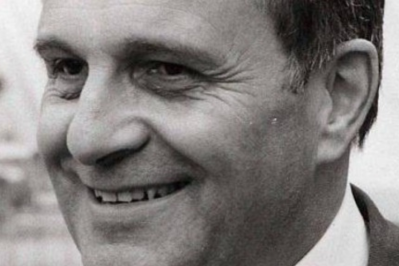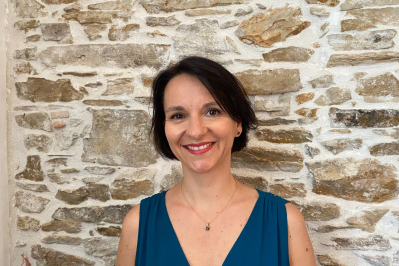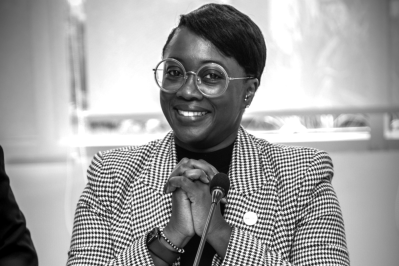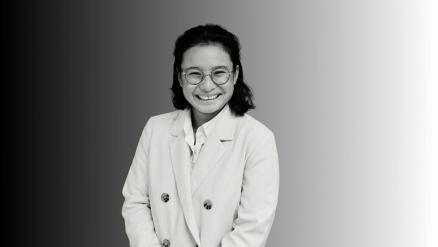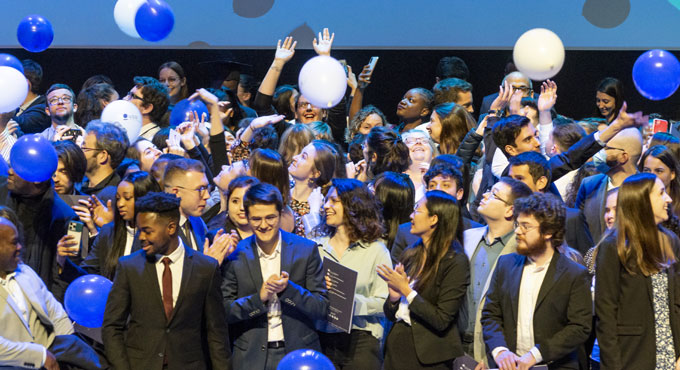News
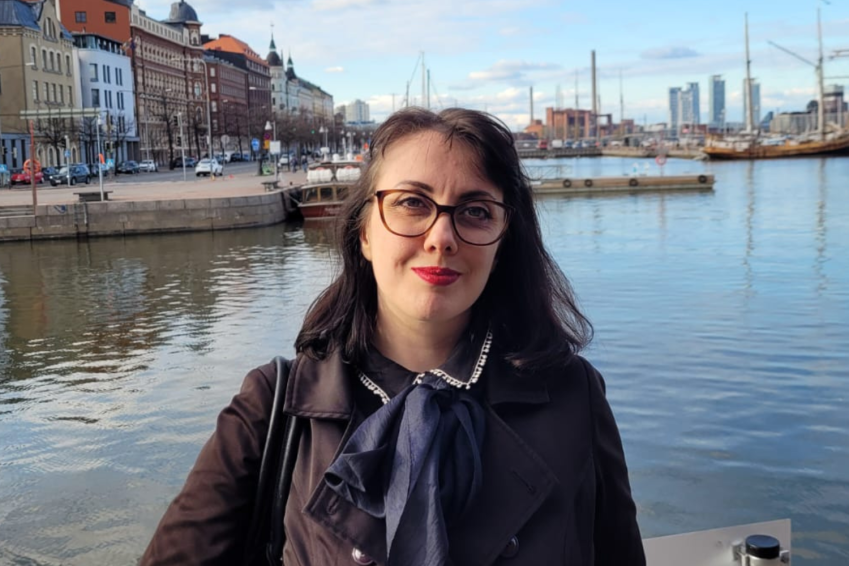
Aurore Geoffret, Bachelor of History (2015), Operations and Content Manager for Pandatron
Aurore Geoffret, a history graduate from UCO Vannes, has been living in Finland for the past seven years, and is now working in a start-up specializing in executive coaching using artificial intelligence. She talks to us about her career path, her arrival abroad and the skills her university education has given her.
Aurore, you live and work in Helsinki: can you tell us about your career since you graduated from the UCO with a degree in history?
My name is Aurore Geoffret, I've been living in Finland since 2018. I graduated with a degree in history from UCO, on the Vannes campus. Today, I work for Pandatron, a start-up specializing in AI-assisted executive coaching. I'm in charge of operations and content.
What is Pandatron's core business and what type of customers do you serve?
We offer professional coaching on a large scale, using artificial intelligence. The aim is to democratize access to coaching, which is often reserved for top executives. Thanks to technology, we can offer solutions that are more financially accessible, enabling companies to make them available to a greater number of employees.
Our clientele is not exclusively Finnish. We worked for a long time with a Swedish company, a large part of our portfolio is now Japanese, and we are currently developing a partnership with an American company.
What prompted you to move to Finland, and how did your arrival go?
I'd already lived in Canada as a high school student, so expatriation didn't scare me. In France, after several internships in archives and museums, I realized that career opportunities were limited. Between competitive examinations, public contracts and highly selective research... I longed for a more open and dynamic environment. Finland came along a bit by chance, but I needed a fresh start.
I arrived in Helsinki in December 2018, without a network. It wasn't easy at first. But I found a position as executive assistant in a young start-up. The company has grown, and so have I. Today, I'm in charge of operations and content.
How did your integration go, both professionally and culturally?
Overall, my integration went well. English is enough in professional life, especially in Helsinki. The key is autonomy. I've learned to manage on my own, to be flexible. It's a culture where you're quickly trusted, if you show what you can do.
How have you made the most of your history degree in the tech world?
I wasn't necessarily asked the question head-on. But what I did emphasize were the skills that my training had given me: the ability to research, critical analysis, the structuring of ideas and autonomy. History teaches us to be strategic, to have a global vision of events. These are qualities I use every day in my work. Making decisions, assessing their short- and long-term consequences, anticipating the interactions between different factors... this is very close to the historical approach. The history degree has given me invaluable tools for working in tech.
What message would you like to pass on to UCO students?
Don't pigeonhole yourself. Just because you study history doesn't mean you have to become a historian. What you learn is valuable and transferable to other sectors. You need to recognize your skills, broaden your horizons and not be afraid to think outside the box.
If I had to sum it up in one word, it would be: " Open your horizons ". In France, we sometimes have a tendency to get stuck in a set path. But a diploma can take you much further than you think. You just have to believe and dare.

 6
6







